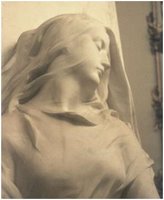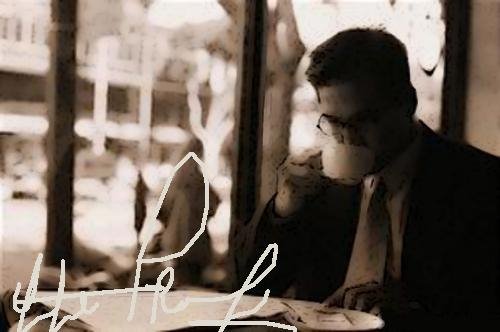
What The Prof Is Reading Now
Till We Have Faces
I had briefly skimmed Till We Have Faces several years ago, because a copy wandered into my hands, but I was working on some other pieces at the time, so I never really sat down and digested it.
I purchased a copy some time back, but it lay curling in the back of my car until I did a deep-clean, and then I finally set down for a serious read...and I'm glad (of course) that I did.
The book opened inconspicuously enough, but soon (as the plot thickened and the characters developed) I found myself once again admitting that Lewis could use fiction to lay bare the soul in ways that his distinctly apologetic works could not.
As one reader remarked on the book: "The cast of characters in The Great Divorce, for example, or in the 'Space Trilogy' invariably remind us of people we know - and give us insights into what makes them tick. Nowhere in Lewis' works is the soul explored better than in Till We Have Faces, Lewis' masterwork of fiction and a stunning psychological and spiritual odyssey."
Lewis retells and enriches the myth of Cupid and Psyche (originally called The Golden Ass), although a lack of familiarity with the myth in no way diminishes from the enjoyment of the book.
In Lewis' capable hands, the tale sorts through issues such as family, jealousy, faith, the unknown, and ultimate meaning, culminating with a "face-to-face" scene of intensity and wonder which explains the book's title.
Those who are looking for the kind of overt Christian symbolism that characterized the Chronicles of Narnia will be disappointed with TWHF. While the theology in TWHF is pagan, at least on its surface, Lewis does a masterful job of intertwining the traditional beliefs of the main characters - some greek rationalism - with rumours of a much more intimate and beautiful way of knowing the gods (a Theistic hope).
The climactic scene itself plays off the Biblical phrase, "Now we see through a glass darkly, but then face to face" - I Corinthians 13. So Lewis does lead the reader toward the One who is love, but he uses the carrot of intrigue and spiritual longing rather than the steamroller of in-your-face-symbolism.
I will be honest in my reporting of TWHF, and say that it is not my favourite fictional work of Lewis', if simply because he is not at liberty to build the world as he pleases, but has to follow some ground-rules already laid down for the era of the story, the culture, etc.
However, Lewis manages to pull it off with ease; leaving us with no stiff taste of a retelling, as is often the case with such stories. Overall, I would rate it as a masterful piece, full of Lewis, and that is what makes it a classic.

No comments:
Post a Comment